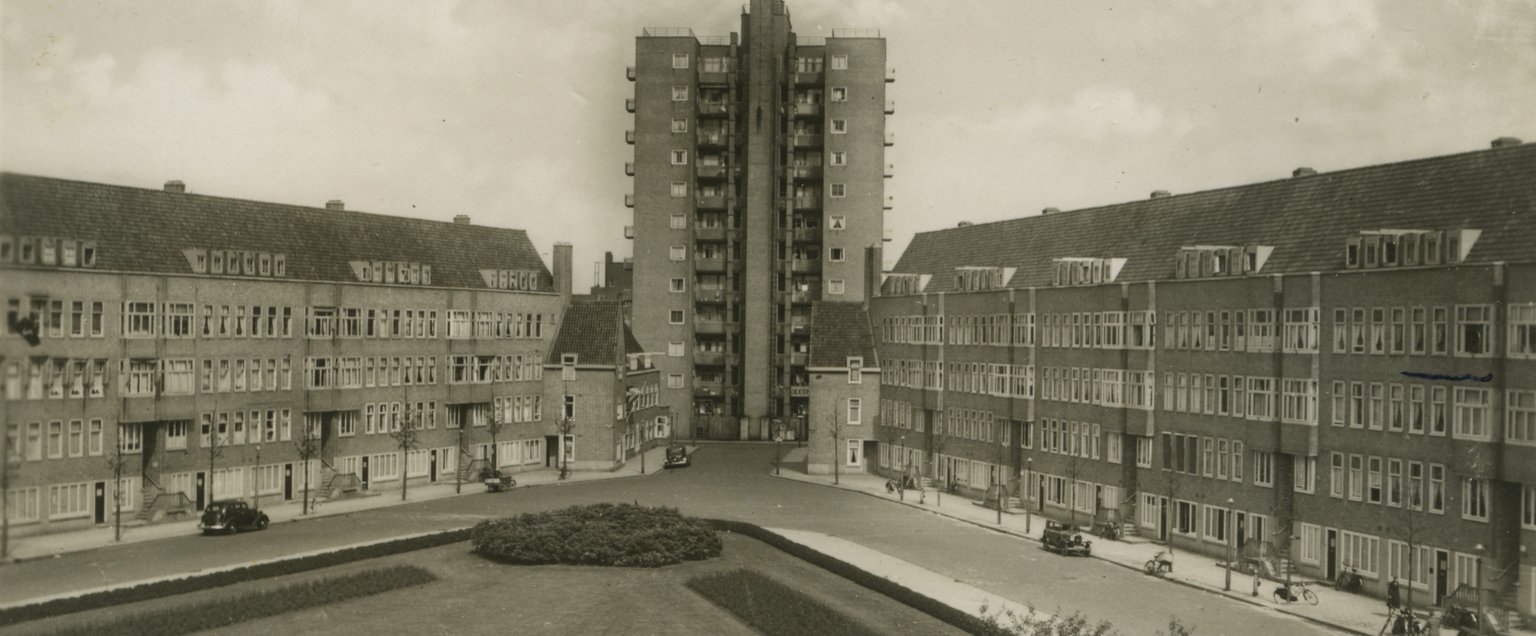‘Margot went to Holland in December, and I followed in February, where I was plunked down on the table as a birthday present for Margot.’ This is how Anne Frank described in her diary how she had arrived in the Netherlands as a 4-year-old girl from Germany. The new exhibition, The other home of the Frank family, focuses on the daily life of the Frank family after their arrival on Merwedeplein in 1933 and until they went into hiding in 1942. Photographs, letters, documents, and objects testify to happy times, but also to concerns about their family and friends in Germany, the increasing hatred of Jews, and the threat of war. Otto’s efforts to set up a business in England failed, as did their attempts to emigrate to the United States.
Neighbours
The scope of the exhibition is widened by including the life stories of other Jewish families from Germany and Austria living on Merwedeplein. Rian Verhoeven, historian and co-curator of the exhibition, researched the people living on Merwedeplein. ‘I wondered about the stories that were hidden behind all those front doors.’ On the basis of her research, she wrote the recently published book Anne Frank was niet alleen - Het Merwedeplein 1933 -1945. In it, she portrayed fifty mainly Jewish local residents and recounted what had happened to them. Seven of their stories were included in the exhibition.
Loans
In addition to the documents and objects from private collections, the exhibition contains collection items from the Anne Frank House, the Amsterdam City Archives, and the Resistance Museum. Especially for the exhibition, 360-degree images were made of all the rooms of the former Frank family home on Merwedeplein.
The exhibition will be on view at the Anne Frank House until 30 June 2020.
Would you like to know more about the Frank family’s life on Merwedeplein? Historian Rian Verhoeven gives guided tours of the square and surrounding area which feature Anne Frank and her neighbours. Visit www.annefrankwalkingtour.com for more information.
